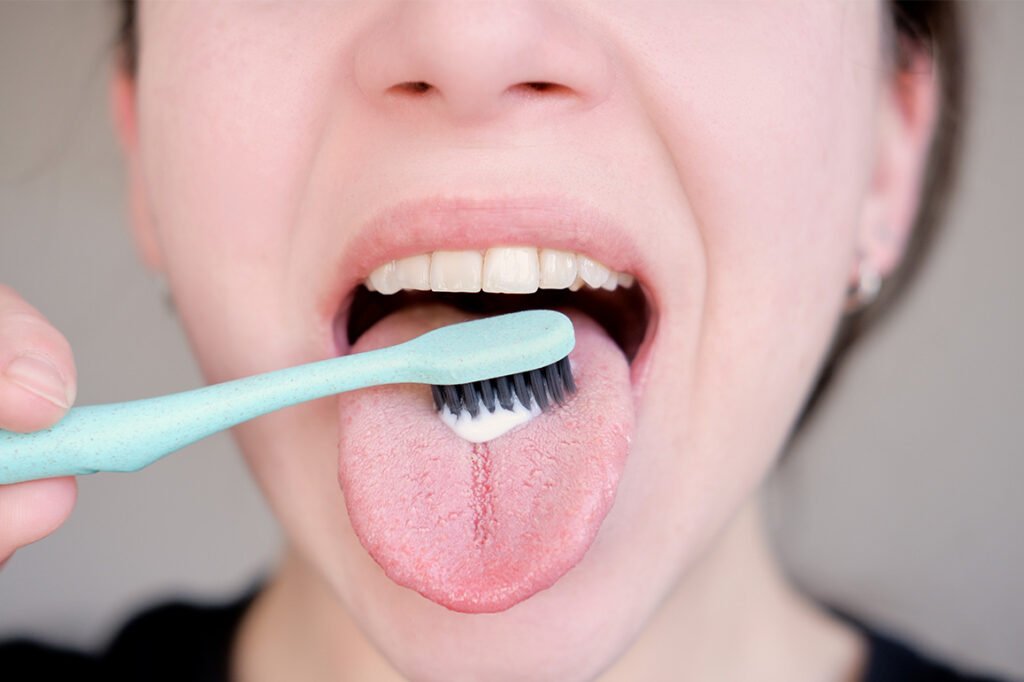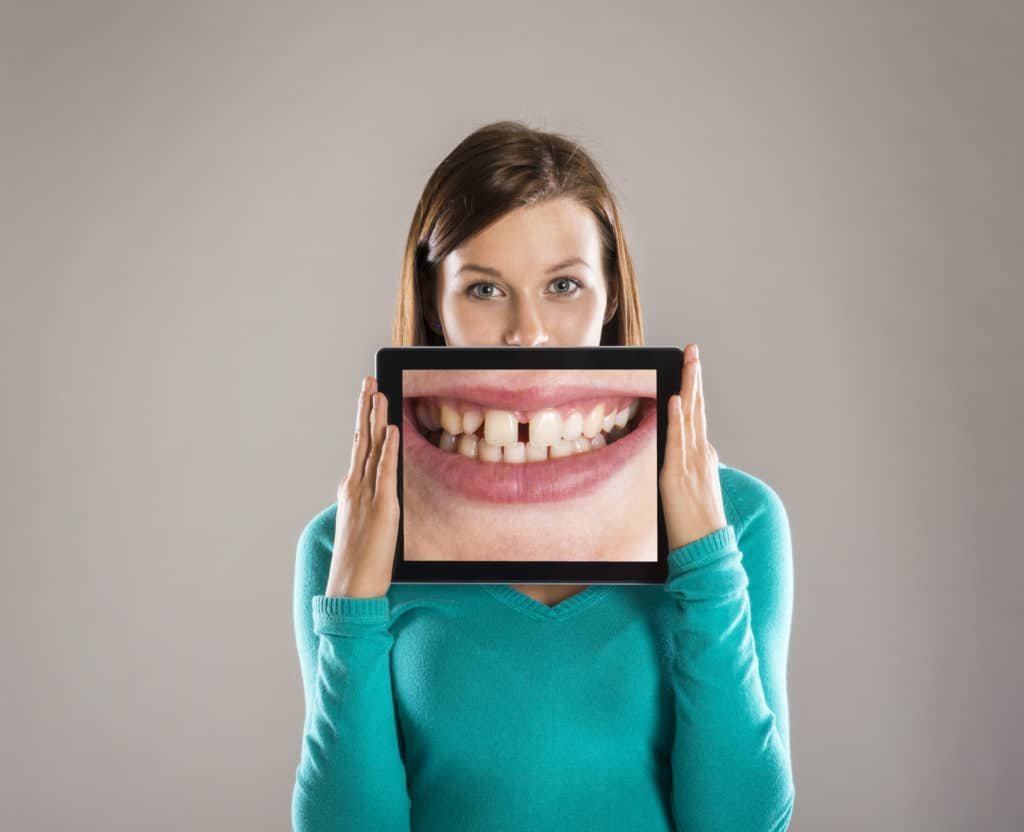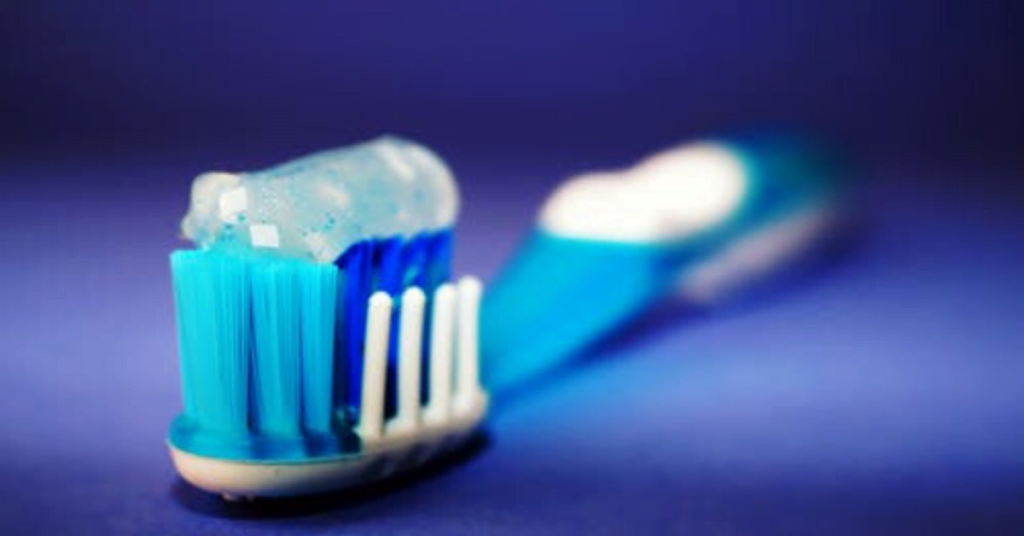We often hear phrases like “bite your tongue” or “tongue-tied,” but rarely consider the tongue itself in oral health.
Why Tongue Hygiene Matters
Your tongue harbors millions of bacteria—both good and harmful—that impact oral and overall health. A clean tongue helps prevent bad breath, improves taste, supports digestion, and enhances overall oral hygiene. Neglecting tongue care can lead to bacterial overgrowth, plaque buildup, and even gum issues over time.
1. Daily Tongue Cleaning
Cleaning your tongue should be a daily habit—first thing in the morning and last thing at night. Use a tongue scraper or a soft toothbrush, moving gently from back to tip. Avoid touching sensitive areas to prevent gagging. This removes bacteria, dead cells, and food particles, reducing bad breath and enhancing taste perception.
2. Effective Gargling Practices
Gargling after meals helps wash away food particles and decreases bacterial growth. Warm saltwater gargles can soothe minor oral irritations, reduce inflammation, and maintain a balanced oral environment, supporting overall oral hygiene and digestion.
3. Avoid Tobacco and Smoking
Tobacco harms taste buds, dulls taste, and increases the risk of oral cancer. Smoking or chewing tobacco can cause persistent bad breath, gum disease, and tongue ulcers. Quitting tobacco preserves oral health and reduces the risk of serious conditions.
4. Hydration for Oral Health
A dry mouth encourages bacterial growth, leading to bad breath, plaque, and gum disease. Drink water regularly to stimulate saliva, the mouth’s natural defense. Herbal teas and fresh fruit juices (without added sugar) can also help maintain moisture and support oral health.
5. Balanced Diet
A nutrient-rich diet strengthens oral tissues and reduces bacterial growth. Include fruits, vegetables, whole grains, and proteins, while avoiding sugary and processed foods. Vitamins like A, C, and E, along with minerals such as zinc and iron, support oral tissue health and healing. Proper nutrition complements dental treatment and keeps your tongue healthy.
6. Regular Dental Checkups
Visiting a dentist twice a year ensures your oral health is professionally assessed. Dentists can detect early signs of gum disease, infections, or abnormal changes on the tongue. Professional cleaning removes tartar and bacteria that daily brushing may miss. Your dentist may also coordinate with a dental laboratory for custom solutions like crowns, bridges, or other restorative work.
7. Stress Management and Lifestyle
Chronic stress can affect oral hygiene indirectly through habits like teeth grinding or neglecting care. Meditation, yoga, deep breathing, and adequate sleep (7–8 hours) help maintain oral and systemic health.
8. Additional Tips
Avoid excessive alcohol and limit caffeine, as both can dehydrate the mouth and disturb bacterial balance. Herbal rinses with neem or mint naturally support oral hygiene. If you notice persistent discoloration, pain, or unusual coating, consult a healthcare provider or the best denture clinic for guidance.
9. Comprehensive Oral Hygiene Routine
Combine brushing twice daily, flossing, tongue cleaning, gargling, and regular checkups for optimal results. Use alcohol-free mouthwash, stay hydrated, and maintain a nutritious diet. Consistency ensures a clean, healthy tongue, reduced bad breath, and improved overall oral wellness.



